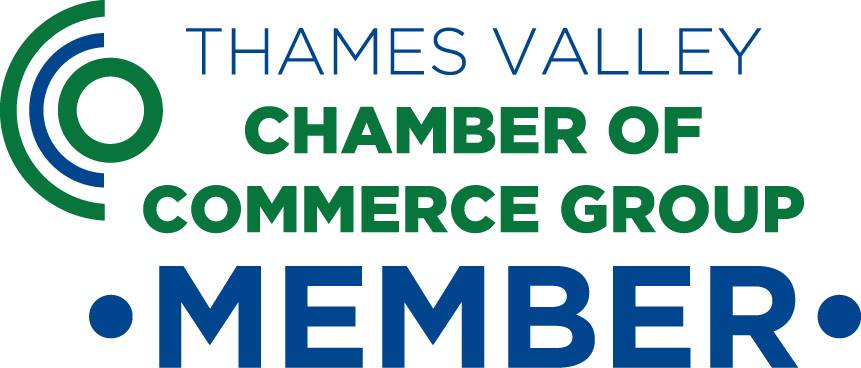If you are an interviewer or hiring manager, read this.
Can you recall moments of your childhood, when a parent was asking questions that made you nervous, maybe because it was about something that could get you into trouble? Or times when someone would ask questions trying to stump you as if they were lawyers in court, did you feel pressured, uncomfortable, did it scare you? If you’ve ever felt interrogated and got defensive, you should know, most of us have been there.
No matter how experienced you are in giving interviews, there’s always something nerve-wracking about trying to think of the best answer to give to interview questions. But is this how interviewees should feel? Not really. Your job as a hiring manager, and an interviewer, is to find who the person that’s in front of you really is, and if they’re able to do the job. Turning up with questions that will make your candidates sweat, isn’t really the point of the interview.
Here are some ways to help you ensure that you interview your candidates in a way that feels like a conversation with a colleague, or another professional rather than school oral exams, or interrogations.
- Make candidates comfortable. That can range anywhere from offering them a glass of water, asking them about their day, to just setting up the chairs in the meeting room properly, and being friendly and welcoming in general. You could start with some modest, low-key questions, and make sure they’re comfortable and happy to be there.
- Ask questions that will get the candidates talking. It’s important to know enough about the job to be an active participant. This will help engage the interviewee and will initiate a great conversation, where they’ll have the opportunity to show you how passionate they are about the job, and why not, how much they know. Do you know body language? Check out if they shine when talking about work. Check if they talk about things that only someone who cares, and keeps up to date, knows. Do they share opinions on hot topics around the profession? These are all great ways to tell how passionate the applicant is about the job you’re offering.
- Most professionals have long-term career plans. Even the ones who might end up working on fixed-term contracts, or temporary assignments. Questions around their future plans are not (only) typical, boring HR questions, but they do actually serve a purpose. Do your candidates really sound like they have a plan and ambition? Do they sound like they just picked up an answer from the internet? Well, this should tell you something as well.
- Tell stories. Both of you. Who doesn’t love stories? Share yours and ask them to share theirs too. Apparently, people remember stories a lot better than just being told something “is the way it is”. In fact, a study done at Stanford showed that “stories are remembered up to 22 times more than facts alone.”
- Allow them room to start a conversation about how they can contribute to your company. This is another effective way to understand how much they care, how much they want it if they’ve made their research about your company, and how deep they’ve gone.
- Show you’re truly interested in them. Q&A is not really what someone would classify as a “good” interview, but monologue isn’t either. The interview is and should be, a conversation between two professionals. It’s not about the applicant trying hard to convince you that they have the skills to do the job, and it’s also not a time for you to start going on and on about how amazing is to work for your company. Instead, this is a very good opportunity to really dig deep into who the person is, and also show that you do care to find that out. Respond to their answers thoughtfully and ask them to talk more about certain aspects (guess what: in other words, actually just make it a conversation).
- Align the company’s goals with the candidate’s goals. Yes, the most vital thing at this moment for you, is to find someone who’s a great fit for your company, but don’t forget that it’s equally vital for your applicant to find a company that is a good fit for their needs. The much-talked-about “psychological contract”, works both ways, and the employment relationship is itself essentially a two-way relationship. Always. If the goals of both parties are not looked after, if expectations of both are not met, then one party, or both, will end up feeling dissatisfied with the situation.
In a nutshell, go for the conversation and stay away from the interrogation!
Interviewing is, and should be treated like, an opportunity to get to know someone, not a process where you attack a list of potential employees with a set of interrogative questions. Candidates will be more comfortable, and you will be able to more effectively evaluate whether they will be a good fit in your company if you go down the conversational route. Of course, there needs to be some alignment to ensure you stay unbiased and assess them equally, but that does not mean you have to follow a script with the exact same questions. You will have succeeded in this approach if you end the interview feeling like you just made a friend, or a new, interesting acquaintance. And if they’re not the lucky ones to be shortlisted, at the very least they will walk away with a positive feeling that you treated them like a valued individual, and not just another candidate responding to a set of questions. Not one size fits all!




